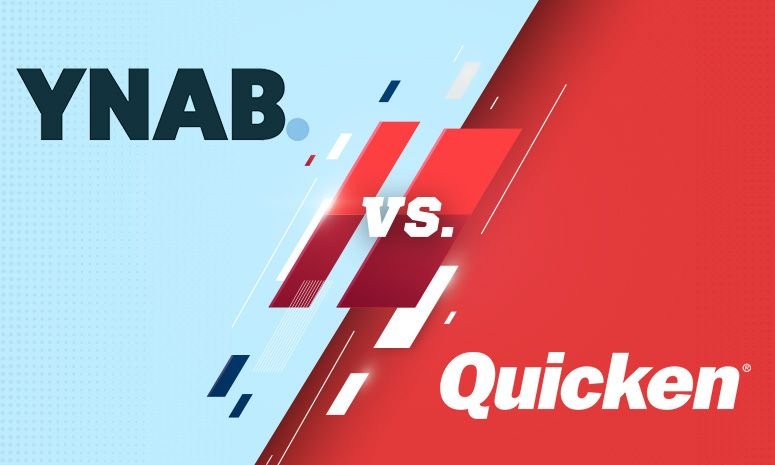Greater than 56 million Individuals are freelancers, in line with a 2018 research from Upwork and the Freelancers Union. Should you’re part of this rising portion of America’s workforce, it is important to have above-average monetary expertise as a result of you need to deal with the whole lot your self.
5 High Suggestions For Freelancers to Deal with Private Saving and Investing
Should you did not get Private Finance 101 in highschool or Adulting Your Cash as a school elective, you are removed from alone. However you should not sit idle and let your cash worries go unchecked. Comply with these 5 important suggestions for freelancers to stage up your financial savings and investments.
1. Preserve your private and enterprise cash separate
Your first step after organising your freelance enterprise must be to open a devoted checking account to your freelance enterprise. There are a variety of nice banks only for freelancers, like Lili and Novo. If you have not completed this already, you need to get your enterprise account arrange instantly! Ideally, your enterprise ought to have its personal checking and financial savings, in addition to a bank card for enterprise bills.
Maintaining your cash separated permits you to put away a devoted enterprise financial savings account that will help you keep afloat throughout a dry spell. It additionally helps you higher make the most of enterprise tax deductions. And it makes it simpler to cope with the varied 1099 types for your enterprise.
2. Double the standard emergency fund
Everybody ought to have an emergency fund. It’s best to save a minimal of three to 6 months of bills when you have a steady full-time job. If you end up self-employed or freelance, you need to double that emergency financial savings to at the very least six to 12 months.
Preserve your emergency fund in a high-yield financial savings account. Among the greatest charges come from on-line banks like Capital One and Ally Financial institution. Some accounts provide bonuses and excessive yields of over 2%. That’s significantly better than you get from conventional brick-and-mortar banks. Additionally, on-line banks typically do not cost any charges or have any minimums as soon as opened.
You may hold your emergency fund on the similar financial institution you utilize to your checking, however you do not have to. With free on-line transfers, you may get the cash into your account inside a couple of days. You can too hold a bank card obtainable as a backup whereas the cash is transferring. That method you may pay it off instantly with none curiosity.
3. You may nonetheless automate financial savings and investments
Whereas you do not have an employer’s 401(okay) with matching funds, you may nonetheless automate financial savings and investments. That is even simpler in the event you pay your self a paycheck from your enterprise. Extra on that under.
There are a handful of apps and instruments that may assist you to automate financial savings and investments. Apps like Betterment, Acorns, and Digit can automate saving and investing targets. You can too use the recurring switch instrument in your on-line banking or brokerage administration to maneuver funds weekly, month-to-month or on every other schedule you select.
And proper now whenever you enroll with Acorns, you may get $75 whenever you join direct deposit.
4. At all times max your IRA (and HSA)
For 2019 and 2020, the IRA contribution restrict was $6,000. It isn’t too late to contribute for final 12 months. You may fund your account till the tax due date in April.
If you wish to automate that, you need to save $500 per thirty days within the IRA of your alternative. Typically, individuals of their 40s or youthful are greatest off with a Roth IRA. Should you’re in your 60s, a standard IRA makes extra sense. In your 50s, the kind of IRA you need will depend on your financial savings and funding technique and expectations to your tax price in retirement.
In both case, an IRA is a superb alternative to save lots of on taxes whereas placing cash away to your personal retirement. When private finance consultants say issues like “Pay your self first,” that is what they’re speaking about.
As a enterprise proprietor, you even have entry to a SEP IRA and a Solo 401(okay). These are funding accounts you should use rather than a 401(okay).
And for insurance coverage, take into account a well being financial savings account (HSA). This will save on tax and likewise assist construct your retirement fund.
5. Take into account paying your self an everyday paycheck
Should you make greater than what a typical worker would make for the work you do, you need to take into account paying your self an everyday paycheck and electing for taxation as an S Corp. Doing so can prevent huge in your taxes.
Should you pay your self a paycheck as an organization worker of an S Corp, the taxes whole the identical as being merely self-employed. So no distinction there. However — and listed here are the massive financial savings — something above that paycheck quantity is taxed as pass-through revenue. You will pay your common revenue tax price however with out having to pay the Social Safety tax. You save greater than 15% on that pass-through quantity.
Additionally, beginning in 2018, that pass-through revenue could obtain a 20% deduction resulting from a significant tax overhaul, known as the “Tax Cuts and Jobs Act of 2017.” This sometimes begins to work for individuals making at the very least $30,000 per 12 months as a freelancer. If you wish to study extra about how this might apply to your individual scenario, take into account contacting knowledgeable tax advisor.
You may ship your paycheck by means of a payroll service like Sq. Payroll or Gusto. These companies additionally provide the potential so as to add worker advantages like insurance coverage and different varieties of retirement financial savings accounts.
Deal with Your Cash Like a Boss
While you freelance, you are the CEO of your individual enterprise. Deal with your cash as a enterprise, and you need to see higher long-term outcomes. Which means retaining funds separate, retaining monitor of your funds with month-to-month bookkeeping and accounting, and placing cash away in each enterprise and private financial savings accounts for instances when enterprise is scarce.







